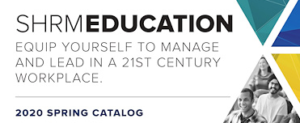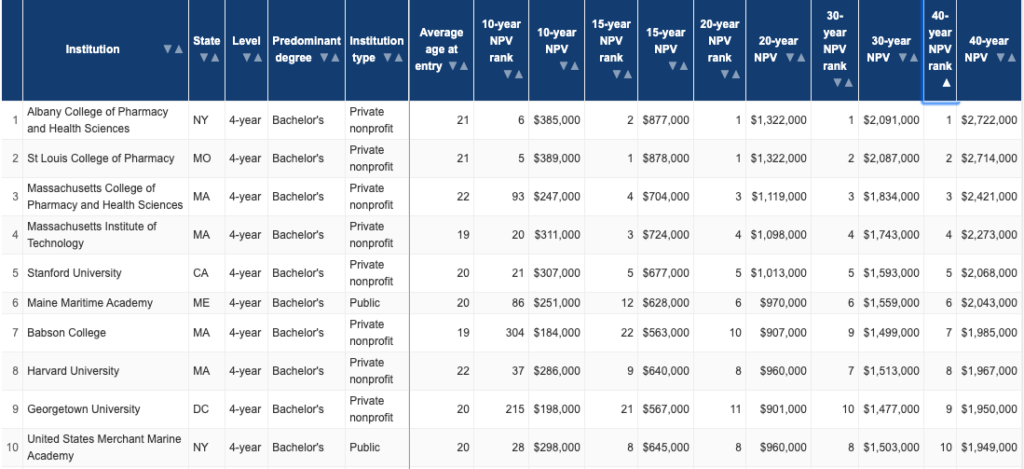In 2001 I got my SPHR certification for the first time. I started my first real HR Manager job and the CHRO wanted to make sure every single HR person on our team had either a PHR or SPHR. I did an eight-week group study course with fellow HR pros studying for the test and I was lucky that my company had also purchased a SHRM study kit.
I remember leaving that test thinking, “I have no idea if I failed or passed! And, boy, I only know a fraction of what I thought I knew in HR!” This was after studying for two months straight and putting legitimate hours in on the study kit.
I passed and vowed to never have to take that test again!
It’s 2020 and SHRM just sent me a reminder that my SHRM-SCP is up for renewal. For years I carried both the HRCI-SPHR and the SHRM-SCP. Again, I figured I did all the education to keep them up, I’ll just carry both.
Why am I re-certifying for the SHRM-SCP?
- If you’re in HR, SHRM is the world-recognized leader in HR. So, having a certification from SHRM carries career weight.
- 99% of Leaders of organizations who care about someone having an HR certification have always believed it was a SHRM certification, even though for most of that time HRCI was the actual certifying body. Now, SHRM has its own HR certification, and quite frankly, it’s as good as the HRCI one, and in some cases better.
- I don’t see any other association in the world doing as much as SHRM does to advance the practice of HR. Because of that, I foresee them being the leader in the HR space for a long time.
- When I speak to actual SHRM card-carrying members, they are very satisfied with the association and they are very happy with the education and support they are getting.
- It’s a cost-effective way to stay on top of changes in HR and show those who care that I’m staying on top of my profession, probably better than most people are.
Let’s be honest, I’ve reached a point in my career where the SHRM-SCP certification isn’t needed for me personally. I don’t have to re-certify and I’ll have a job tomorrow and at any time in the future. But, I’m choosing to anyway because I did the work!
I developed content for webinars and presented it to my peers in HR and TA. I sat and watched peers in HR and TA present at conferences and on webinars and I learned things I didn’t know. I read books and listened to podcasts, and consumed tons of HR-related material so I was staying up on all the changes in the HR field.
Maybe it’s PTSD from taking that test once, but I’m re-certifying because I never want to have to take it again. I’m re-certifying because having my SHRM-SCP makes me feel special and accomplished. It sets me apart in the field of HR, and I won’t apologize for that, I passed the test and did the work.
Me re-certifying isn’t about taking a stance for or against something. This is about me and my professional development. I encourage every single professional to find ways to continue your professional, functional development long after you have “gotten the job”. Getting the job is just the start, not the end!
(FYI – for those thinking somehow SHRM is paying me for this post. They aren’t. But as always I welcome anyone to pay me for anything if they are so inclined! I’m an equal opportunity check casher.)



